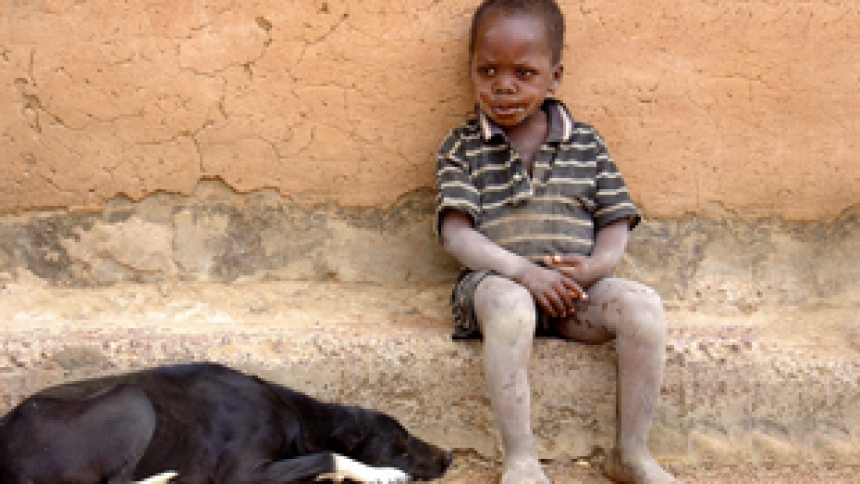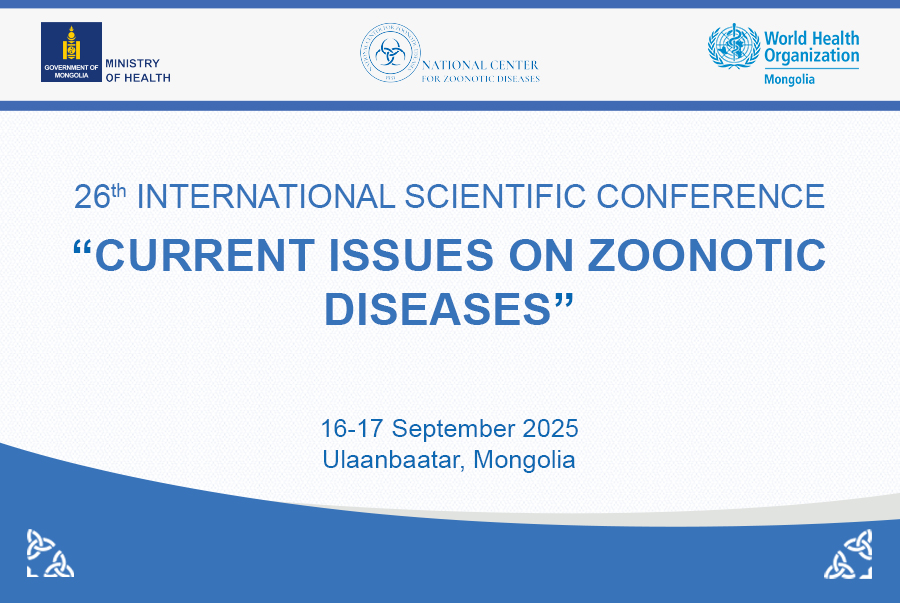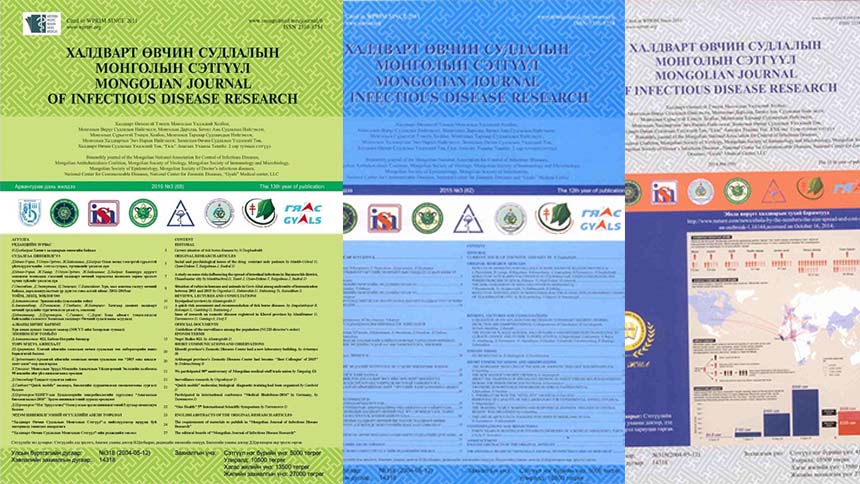8 June 2018 | Geneva −− Rabies is a priority zoonosis in Burkina Faso. In the capital, Ouagadougou, more than 4000 people report dog bites every year, with 60 confirmed rabies cases from 2003 to 2014. Strategies to control the disease in the past have often seemed ineffective.

In a community-based study, Dr Madi Savadogo and collaborators interviewed 616 people to estimate dog populations in the country, and to assess knowledge, attitudes and practices of local people with regard to rabies.
“We didn’t know the severity of this disease [rabies] until it caused the death of my younger brother. He got sick and died 3 months after he had been bitten by a wandering dog. It was really terrible for all the family” said a community member.
The researchers found that more than 55% of households owned at least one dog. Although most people who were interviewed had heard about rabies in both animals (94.6%) and humans (71.4%), just over half (51.1%) knew what to do to prevent it after a dog bite. Few owners vaccinated their animals against rabies, and many (70%) felt that dog vaccination should be supported by the government.1
The study showed that much remains to be done to control rabies in Burkina Faso. People own dogs for various social and economic reasons, and there is need to improve rates of dog vaccination and increase awareness and access to post-exposure treatment for people.
Read more on what is rabies here: http://www.who.int/rabies/about/en
—————————————-
1Savadogo Madi, Koné Philippe Soumahoro, Dahourou Laibané Dieudonné, Manishimwe Rosine, Doulkom Bernard, Nébié Larlé Raphael, Alambedji Bada Rianatou et Akakpo Ayayi Justin. Assessment of knowledge, attitudes and practices of communities to rabies in Ouagadougou (Burkina Faso). Prince Mahidol Award Conference 2018, Bangkok, Thailand, 29 January – 3 February 2018.
















